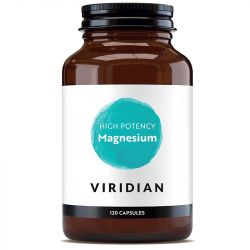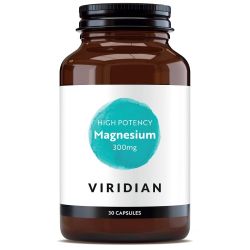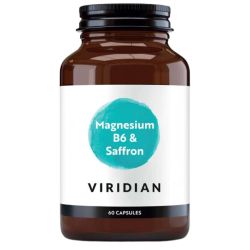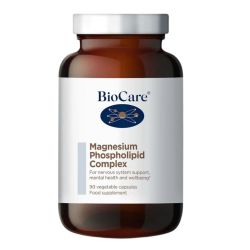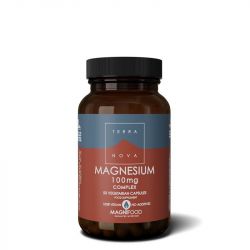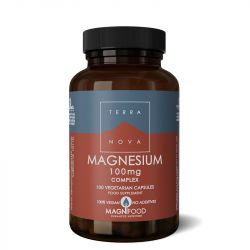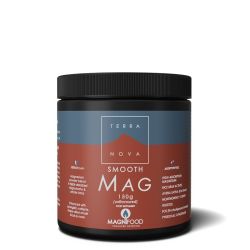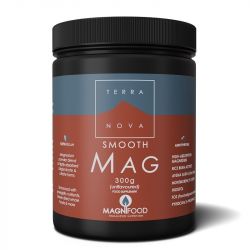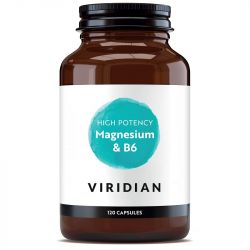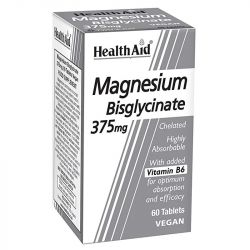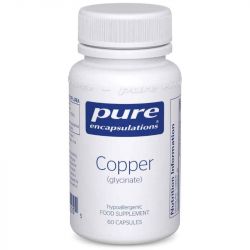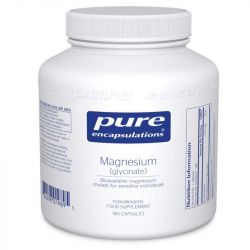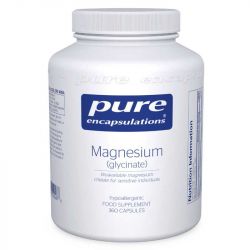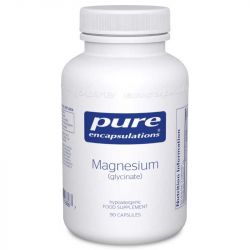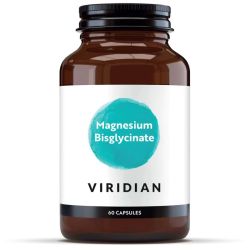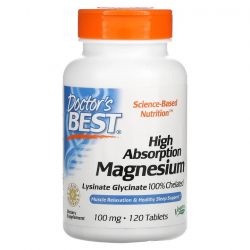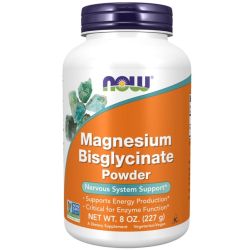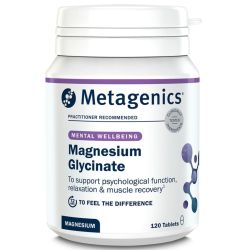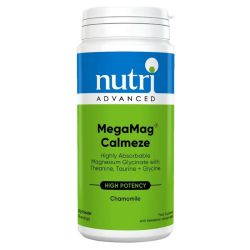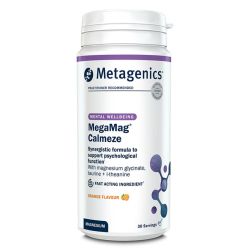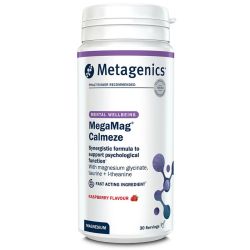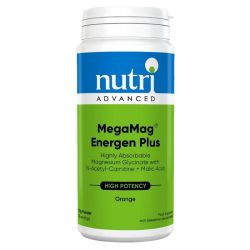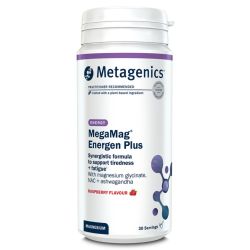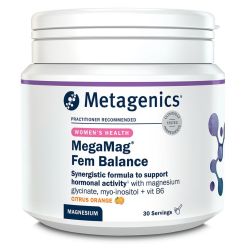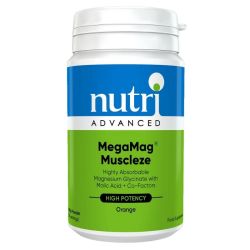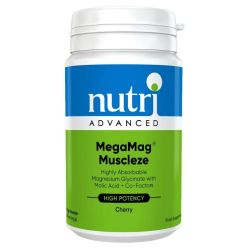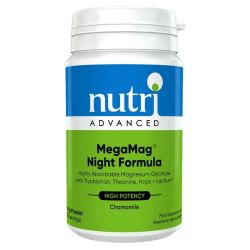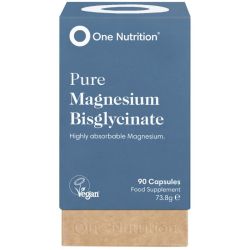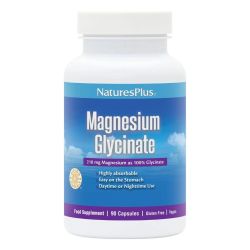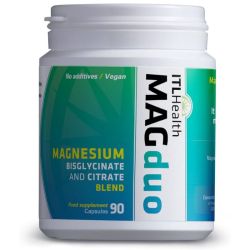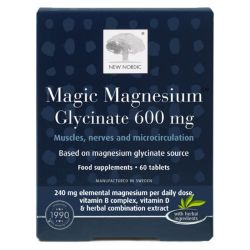Magnesium Glycinate Supplements
Magnesium Glycinate supplements are the combination of the essential mineral magnesium with the amino acid glycine to deliver high absorption and calming benefits.
Glycine is a neurotransmitter that helps relax the nervous system, while magnesium supports muscle function, nervous system health, bone strength, and blood pressure regulation.
Together, they promote better sleep, reduce anxiety, ease muscle cramps, and support hormonal balance.
All you need to know about Magnesium Glycinate
Is magnesium glycinate powder better?
Magnesium glycinate powder is often considered better because it allows the body to access the magnesium more efficiently. While the absorption rate of magnesium glycinate itself doesn’t change between powder and capsule, the powdered form skips the need for your body to break down a capsule shell or any added binders. This can lead to faster uptake, especially for those with digestive issues or low stomach acid. Powder also allows for more flexible and accurate dosing, making it easier to meet higher magnesium needs without swallowing multiple capsules.
How Much Magnesium Glycinare Should I Take?
For a safe and typical magnesium glycinate dosage, consider taking between 250mg and 500mg per day. It is strongly recommended not to exceed a daily dosage of 800mg to ensure safety and minimize the risk of potential adverse effects.
How Does Magnesium Glycinate Help With Sleep?
Magnesium glycinatecan improve sleep by acting as a calming agent and promoting relaxation through its synergistic effects with the neurotransmitter glycine. This unique combination helps regulate the nervous system, reducing anxiety and stress, which are common contributors to sleep disturbances. The enhanced bioavailability of magnesium glycinate ensures optimal absorption, making it a valuable natural remedy for individuals searching for solutions to insomnia or sleep-related issues.
Is Magnesium Glycinate Good For Menopause?
Magnesium glycinate can be beneficial during menopause due to its potential to alleviate symptoms associated with hormonal changes. As a natural relaxant, magnesium glycinate may help manage menopausal symptoms like anxiety, irritability, hot flashes, stress, and sleep disturbances, promoting a sense of calm and improved sleep quality.
What Is The Difference Between Magnesium Glycinate And Bisglycinate?
Magnesium glycinate and magnesium bisglycinate are essentially the same compound, with "glycinate" and "bisglycinate" being used interchangeably. Both forms involve chelating magnesium with the amino acid glycine, enhancing absorption and reducing the likelihood of gastrointestinal side effects.
Is it better to take magnesium glycinate at night or in the morning?
Magnesium glycinate supplements can be taken during the day or night. You may taking magnesium glycinate at night, as it can promote relaxation and support better sleep due to its calming effects. Or you may choose to take it in the morning to kickstart the day with for improved mood and energy.

